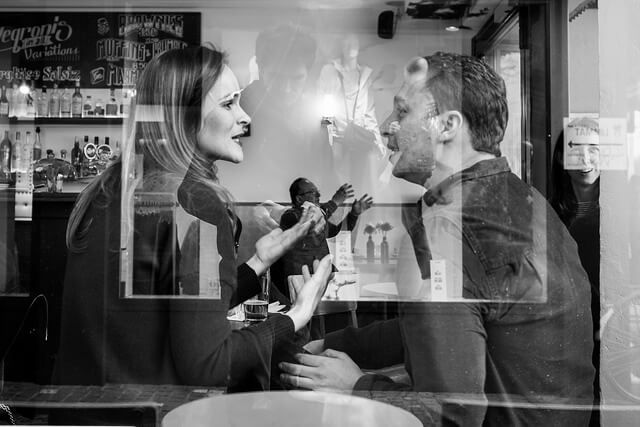Beneath the surface tensions cracking like chasms across our world, there is an inner world, a centre point where we replenish our energy. Now more than ever, it is important to draw our focus inward. Our energy is our most precious resource. When we lose sight of this, our attention shifts to outer, more tangible sources such as gas, oil and money. Attention itself functions as an energy source for leaders, industries and technologies that depend on visibility and engagement. This is one reason we perceive them as powerful; our sustained attention amplifies their influence. In this way, our precious resource, energy, is consumed and scattered across continents in the pursuit of profit and supremacy.
Internal conflict, when left unexamined, reflects outward as division in the world.
High-conflict traits are becoming more audible in the world. This noise drowns out the inner quiet we need in order to replenish our energy. A shift is required: away from pathologising outer conflicts, whether at home, at work or politically, and towards reclaiming our own agency and tending to our inner landscape.
If we find ourselves over-identifying with social and political rifts, it is worth examining what we gain from this attachment. There is a double-edged sword in engaging with people or groups caught in high-conflict patterns: validation on one side, criticism on the other. The outer dynamic may mirror an unconscious pattern in which we seek validation while capitulating to overly critical or controlling behaviour. We must decide where our responsibility for other people’s behaviour ends, and where our responsibility for safety and inner peace begins.
Inner and Outer Boundaries
Every country has its own boundaries, whether drawn on land or by sea, and people operate within its laws. When boundaries are invaded, conflict arises; the twentieth century stands as testament to this. We, too, have boundaries. We protect them by remaining centred and by drawing our focus inward. When we allow our attention to drift towards conflict and drama, we become vulnerable to invading forces. Once our energy strays beyond our boundaries, it is picked up and scattered like salt across the wound of the world.
Perhaps the work, then, is not to resolve the conflicts of the world, but to notice where our attention rests and to choose, again and again, where we place our energy. In moments of tension or outrage, we might pause and return to the quiet centre within, where boundaries are felt rather than defended. From this place, harmony becomes less about agreement and more about presence; less about changing others, and more about remaining intact ourselves.
Collette O’Mahony
21st January 2026
For enquiries about one-to-one counselling (zoom) click below: colletteomahony.com/counselling Psychotherapy
or,
send an email with you name and counselling goals to:
info@colletteomahony.com info@colletteomahony.com






